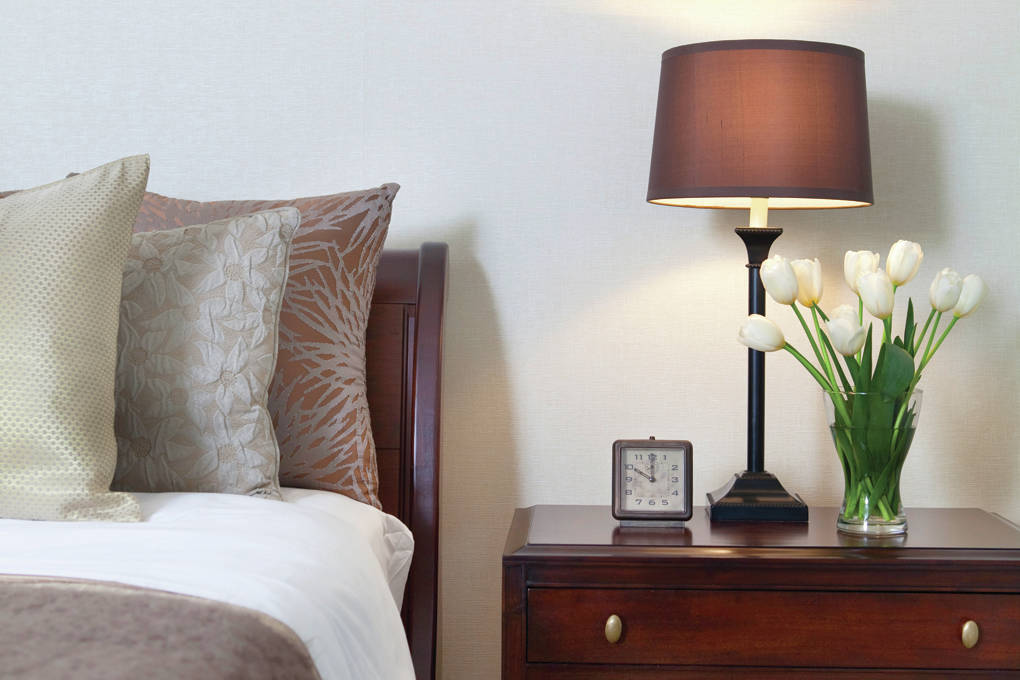A bed tax was introduced at the May 7 Kenai Peninsula Borough Assembly meeting, and residents will have the opportunity to speak to it at Tuesday’s meeting.
The 12% bed tax would affect temporary lodging, which includes motels, hotels and bed and breakfast businesses, across the borough, and be exempt from general sales tax. The tax is estimated to generate over $1 million in additional revenues in FY 2020, and over $4 million in the next two fiscal years, according to the ordinance.
The bed tax, similar to ones defeated by the borough assembly in 2017 and 2018, is being proposed to close budget shortfalls facing the borough, a memo from Assembly Vice President Dale Bagley reads.
“Due largely to the state’s current economic crisis and proposed reductions of state funds to local governments, the borough is currently facing a budgetary shortfall estimated to be substantial,” the memo said. “The fiscal situation has worsened and the borough needs to close that shortfall. I propose that we pass this ordinance and submit it to the voters for consideration in the next regular election.”
In his memo, Bagley says thousands of visitors traveling to the Kenai Peninsula contribute to the economy, while also creating a large demand on borough services.
“Examples of borough services provided to visitors include solid waste services, fire and emergency medical services, road services, hospitals, recreation services, 911 services and disaster assistance,” the memo reads.
The next borough election is on Oct. 1. If the tax is approved by both the assembly and the voters, it would take effect April 1, 2020.
Since the ordinance was introduced, both Kenai and Soldotna have passed resolutions related to the ordinance.
In a May 17 email to Mayor Charlie Pierce and Assembly President Wayne Ogle, Kenai City Manager Paul Ostrander requested a work session with the assembly and the borough’s municipalities to better understand the impact of the ordinance. It is unclear if the work session has been planned.
On May 15, the city of Kenai passed a resolution supporting the borough’s ordinance in establishing a temporary lodging tax. The lodging tax could potentially effect 28 motels, hotels and bed and breakfast establishments within the city. In 1991, the city had its own hotel and motel bed tax at 5%, but it was suspended in 1996 due to the possibility of adverse affects on the local lodging operators, a memo from Ostrander said. Ostrander’s memo also says “Kenai businesses have expressed that RV and tent sites should be subject to any Temporary Lodging Tax to provide equity and assure competitiveness with motels, hotels and bed and breakfasts.”
On May 22, the city of Soldotna passed a similar resolution in support of the borough’s ordinance. Their resolution says the city could gain approximately $140,000 in additional revenue annually if the tax was implemented, which would be used toward activities and services designated by the city.
In Alaska, 49 cities and boroughs have a bed tax, ranging from 4% to 12%.
The ordinance would exempt temporary lodging rentals from the general sales tax rate and instead would levy a maximum bed tax of 12%.
“These additional sales taxes would be used to support education,” Bagley’s memo said. “They would also make other revenues available for services funded by property taxes and help to sustain the general fund.”
A public hearing on this ordinance will take place at the June 4 meeting.

